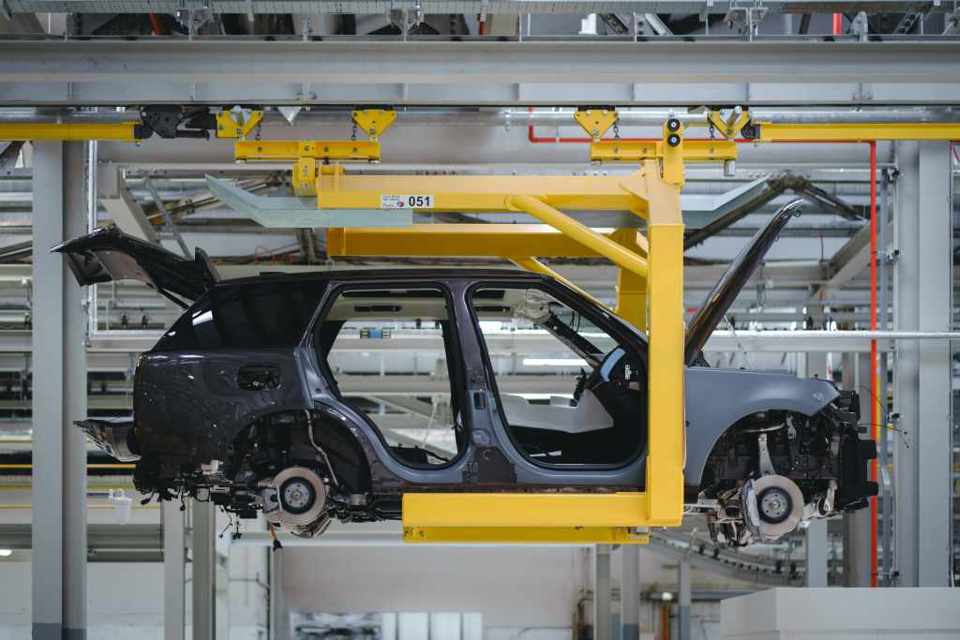Direct carbon emissions from vehicle factories in the UK halved over the past 25 years, according to the 25th Society of Motor Manufacturers and Traders (SMMT) Sustainability Report.
It shows the amount of CO2 directly emitted in vehicle production fell by 54% compared with 1999 levels, while the amount of energy and water used per vehicle is now 33% and 42% below 1999 levels.
UK manufacturers are also helping cut on-road emissions with record volumes of electrified vehicles leaving factory lines in 2023, as output rose by almost half (48%).
Direct carbon emissions from vehicle factories in the UK halved over the past 25 years, according to the 25th Society of Motor Manufacturers and Traders (SMMT) Sustainability Report.
It shows the amount of CO2 directly emitted in vehicle production fell by 54% compared with 1999 levels, while the amount of energy and water used per vehicle is now 33% and 42% below 1999 levels.
UK manufacturers are also helping cut on-road emissions with record volumes of electrified vehicles leaving factory lines in 2023, as output rose by almost half (48%).
Recent independent analysis suggests that, with the right investment conditions, by 2035 more than a million zero-emission vehicles (ZEVs) a year could be rolling off UK factory lines.
Mike Hawes, SMMT chief executive, said: “Britain’s automotive sector has been cutting carbon for decades and this new milestone is significant, not just for industry but for the nation’s move to net zero.
“We look forward to working with the new Government to deliver its green growth agenda that puts Britain at the front of the queue for global investment and sustainability leadership.
With the new Government’s commitment to an industrial strategy and its already published Automotive Sector Plan, SMMT’s new report signposts the UK’s green growth potential – with automotive its driving force.
It says that collaboration will be crucial, making the UK even more globally competitive, attracting investment not just in finished vehicle manufacturing but in its supply chains and adjacent sectors.
Providing more sustainable and affordable energy is pivotal, as are free and fair trade agreements which promote UK-made products globally while ensuring access to critical raw materials, it adds.
A mass UK market for ZEVs is also needed given manufacturers seek to locate close to where their products are sold.
Meanwhile, a diverse and skilled workforce that can design, build, manufacture, maintain and repair ZEVs is fundamental to a successful transition.
“Automotive can be the driving force behind this strategy, reducing carbon emissions still further while growing the economy, improving air quality and delivering new jobs and skills for people across the country,” said Hawes.
Login to continue reading
Or register with AM-online to keep up to date with the latest UK automotive retail industry news and insight.



















Login to comment
Comments
No comments have been made yet.